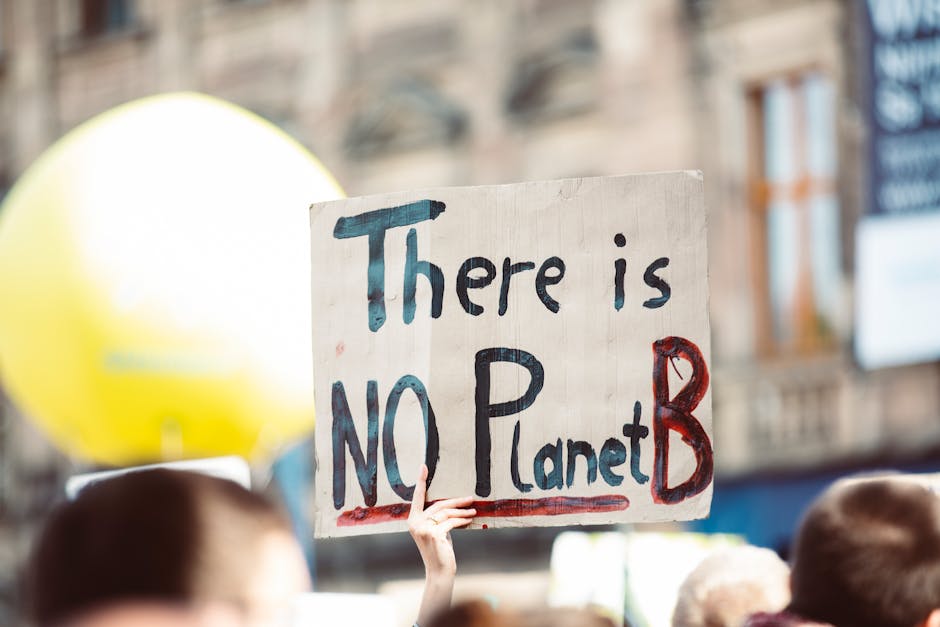Global warming, or climate change, refers to the continuing increase of Earth's global average temperature and is primarily caused by human emissions like burning fossil fuels and deforestation. This increasing level of emissions causes an increase in greenhouse gases such as carbon dioxide, trapping heat in the atmosphere. The consequences of this warming trend are far-reaching and impact various aspects of our planet.
One of the most visible consequences of global warming is the melting of glaciers and polar ice caps. This melting contributes to rising sea levels, threatening coastal communities and ecosystems. As the ice melts, it disrupts ocean currents and weather patterns, leading to more extreme weather events. We are already witnessing increased instances of heatwaves, droughts, floods, and stronger hurricanes.
The effects of global warming extend beyond rising sea levels and extreme weather. Changes in temperature and precipitation patterns are disrupting ecosystems and impacting wildlife populations. Animals are forced to migrate to new habitats, and plant life struggles to adapt to changing conditions. The delicate balance of nature is being disrupted, leading to biodiversity loss and potential ecosystem collapse.
Ocean acidification is another significant consequence of increased carbon dioxide in the atmosphere. As the ocean absorbs CO2, it becomes more acidic, threatening marine life, particularly shellfish and coral reefs. These ecosystems are vital for maintaining ocean health and supporting a vast array of species. Their decline has cascading effects throughout the marine food web.
The impact of global warming on human populations is also substantial. Changes in agricultural yields due to shifting weather patterns can lead to food shortages and economic instability. Water resources are becoming scarcer in some regions, leading to conflicts over access to clean water. Climate-related migration is increasing as people are forced to leave their homes due to rising sea levels, extreme weather, or resource scarcity.
Addressing global warming requires a multifaceted approach involving both individual actions and global cooperation. Reducing our carbon footprint through sustainable practices such as energy conservation, using renewable energy sources, and adopting eco-friendly transportation is crucial. Supporting policies that promote sustainable development and investing in green technologies are also essential steps.
International cooperation is paramount in tackling this global challenge. Agreements like the Paris Agreement aim to unite nations in their efforts to reduce emissions and limit global warming. Sharing knowledge, resources, and technologies is essential for achieving these goals and ensuring a sustainable future for all.
The urgency of addressing global warming cannot be overstated. The longer we wait to take decisive action, the more severe the consequences will be. By understanding the facts and working together, we can mitigate the risks and build a more sustainable and resilient future for generations to come.

